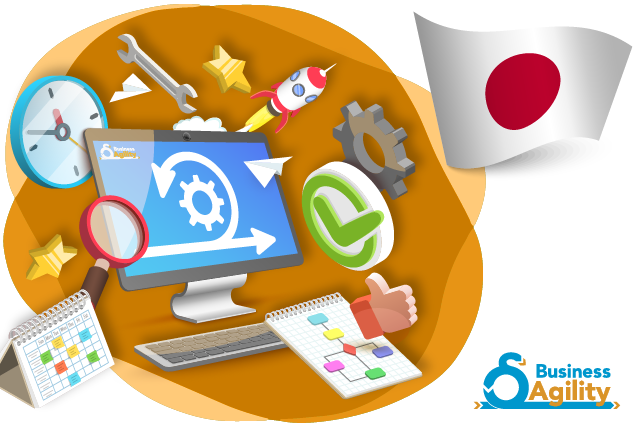Business Agility Japan
Agile Marketing in Japan Literature Review and Body of Knowledge on Agile Marketing from Japan is under Development – Topics: Agile marketing, digital transformation アジャイル マーケティング. Agile Marketing World: Japanese Universities Literature Review of Marketing Agility in Japanese Universities and Researchers in Japan. Agile Marketing Related Research in Japan Japan Universities 2021 Hitotsubashi University, Japan […]

